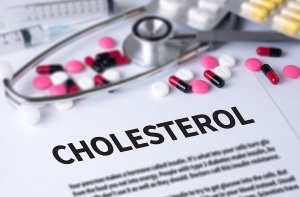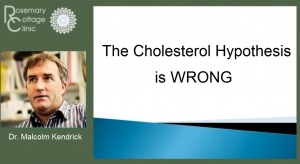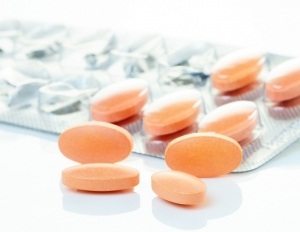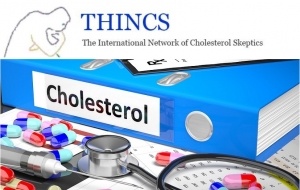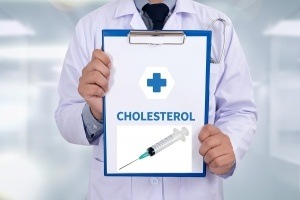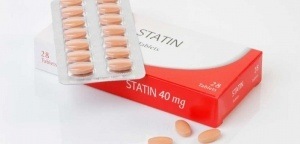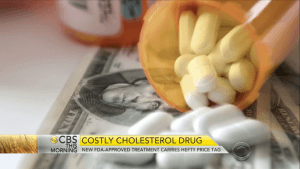Dr. Brownstein: New Cholesterol-Lowering Medications Associated with 25% SEVERE Adverse Effects
Repatha is a new cholesterol-lowering medication that works differently from statins. It is part of an expensive class of medications that currently costs about $14,000 per year. When Repatha first came out I predicted that this class of drugs would (similarly to statins) fail and, furthermore, cause too many adverse effects. When we reviewed the article, we concluded Repatha was not very effective as it failed to help nearly 98% who took it. As we were about to finish our discussion, I said let’s look at the adverse effects from this drug. Adverse side effects were encountered by 77.4% of those treated with both Repatha and the placebo. As for serious side effects, 24.8% of the Repatha group and 24.7% of the placebo group suffered a serious adverse effect. We were both stunned. How could a therapy have such a high rate of adverse effects, especially serious adverse effects? And, how could a placebo have such a high rate of adverse and serious adverse events?



